Since the start of the iPad Pro series, and with each new release, speed tests have spread, which compare Apple's A processors with those of intel in MacBooks. And it is proven that the iPad performs faster than several modern intel chips every time. So some questioned, and others made the guess. Why doesn't Apple use these processors in Mac?
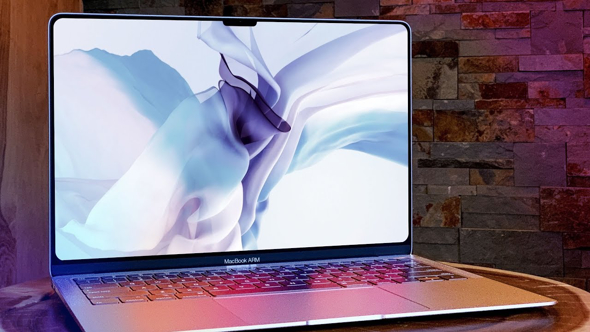
what is the difference?
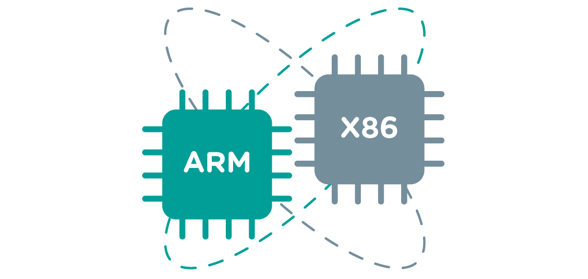
The difference between Apple and Intel chipsets is based on the same design. Whereas, Intel processors come with an x86 architecture. As for Apple processors, they adopt a completely different architecture, which is ARM. It is the simplest and most energy-saving, and therefore it is widely used in the work of phone processors, communication antennas, etc.
For a long time, processors with ARM architecture have not been able to achieve performance to compete with those of Intel. But this began to change strongly after Apple manufactured several wonderful processors starting with the A9x processor to the wonderful A13z processor. ARM processors are also very energy efficient and could theoretically make a significant leap in MacBook batteries.
And it seems that Apple has already gained considerable experience and technical strength in the field of manufacturing processors. As the company likes to remind us, these processors outperform 90% of Windows computers in the market.
Why the delay? And what happened with Microsoft?
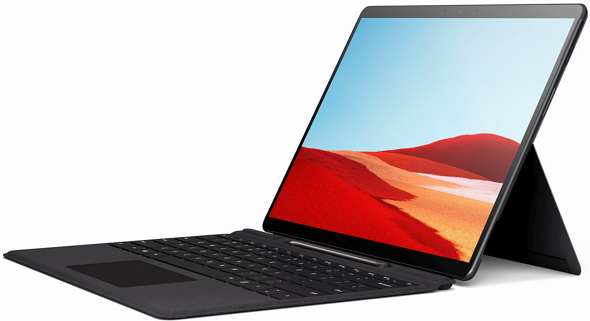
Reports say the company has already been testing the possibility of putting its own processors into MacBooks for years. But the main problem is the software. All device software must be rewritten and developed to run on ARM processors. And it just cannot be moved easily. And when you think about the amount of programs that must be rewritten and the size of those gigantic programs, selling the device at the beginning will be a difficult task.
As for Microsoft, it has already tried more than once to use ARM processors in laptop computers. The latest is the Surface Pro X. But while the devices run Microsoft software designed for them beautifully, they cannot run important programs like Chrome and Photoshop designed for x86 processors to justify the purchase. Especially with the high price of the device.
Will the market resist much?
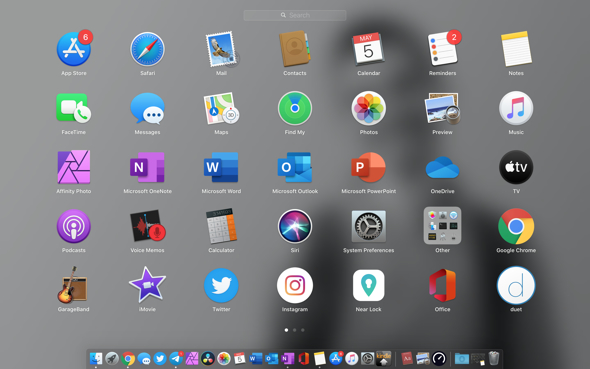
Apple is known to have the potential to pull the market in its way with new technologies. There is no doubt that major companies such as Adobe, game producers and software developers will move with the current in the event of a proliferation of devices or a temptation by Apple. This time, however, Apple will not lead the market alone, and Microsoft will be ready to help. They also want the proliferation of applications supporting ARM processors. And with the influence of the world's largest producers of computer systems, the transition will be easier.
Apple is already using its own processors in Mac
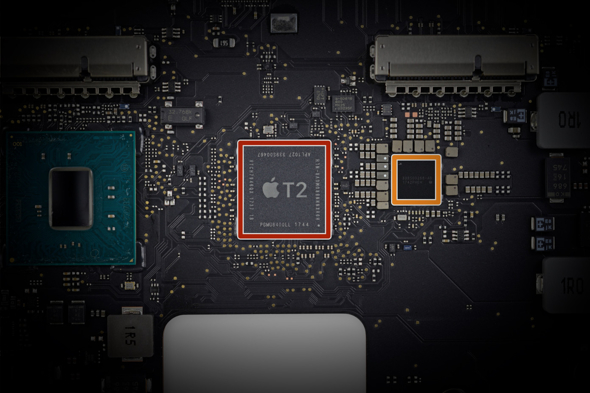
Although the main processor in a Mac is an Intel processor, it has also been using its own T processors for some time. It operates Apple-specific features such as Touch ID, Touch Bar, its own advanced video formats, and security-related operations. The system uses an Apple chip or an Intel chip, each for its own function.
Perhaps Apple could do it differently, as the main processor is from its manufacture. This runs the system and of course the Apple apps. Which will be re-developed to be compatible with the new chips with the addition of an Intel processor to run additional programs that run on old processors.
Of course, this is an idea that we do not know fully its practical and financial potential, but it is based on what Apple is currently doing.
Expected device in 2021
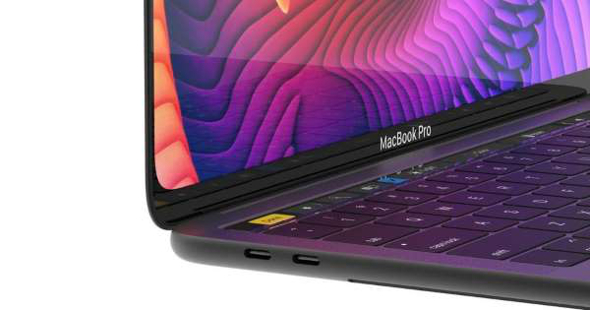
According to reports spread out from several sources, most notably the Bloomberg newspaper, Apple really wants to launch a MacBook Pro that relies on its own ARM processor. This device will be the smallest MacBook in its class aimed at the average user. Whoever wants to use the internet, watch videos, write documents and other simple jobs. In addition to the iPad programs that work on the Mac. This generally represents 70% of users. So they won't miss gigantic apps that won't run at the usual speed.
Also, Apple may surprise us with tools dedicated to developers to facilitate the transfer and re-development of applications, and perhaps a trick that enables the device to run x86 programs better than usual with ARM computers running Windows.
What do we gain?

Of course the user is the most important. So what do we gain?
the speed: For us, the development of Apple's own processors for MacBooks is a great benefit, as the integration between them and the applications increases, and we get a new generation of performance in those custom programs after the technology matures.
the battery: Of course, the battery is one of the foundations of laptops. And ARM processors, especially those produced by Apple, have a high capacity to save battery while maintaining the smoothness of the system. So probably we'll actually get a lot more battery life.
Speed of updates: One of the biggest problems with MacBooks is slow versions. There are often postponements of the issuance or sale dates. This is because of Intel. As it is often late in releasing new generations of processors. Especially those of Apple, it has modifications that differ from the rest of the market.
Maintaining performance: One of the criticisms that fill the internet about the new MacBook Air and the old MacBook Pro is that it does Thermal Throttling. That is, the device becomes very hot when used vigorously for a long time. It intentionally reduces the processor speed in order to reduce the temperature. ARM processors are much better at conserving heat, which means the ability to reach faster speeds and for longer periods.
Cellular data: This is perhaps one of the most important benefits as Apple can easily put 4G and 5G data usage into MacBooks.



14 comment